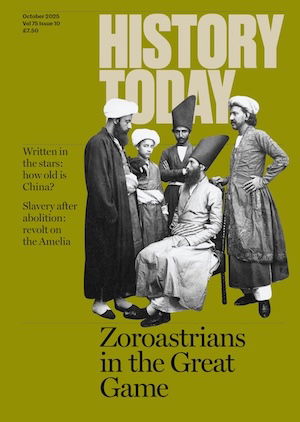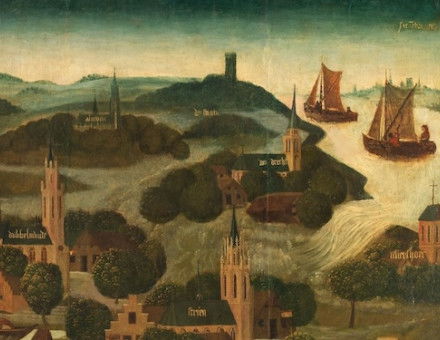Peter Abelard: Knight Errant of the Medieval Schools
J.J.N. McGurk describes the life and times of a controversial philosopher of the early twelfth century.
Peter Abelard stamped himself on the imagination of the twelfth century; to the Parisian scholars he was the ‘knight errant of dialectics’, the challenger of the most formidable theological figure of the day, St Bernard, and the author of Sic et Non. In his own eyes and in his own words he was the greatest philosopher of his age: what is more astounding than the arrogant claim is that some scholars regard it as well based.
As one would expect, the Italian humanistic renaissance of the fifteenth century looked back to the ‘new learning’ of the twelfth and saw in Peter Abelard a prototype of the tragically romantic hero battling against his fate. This interpretation gave his life’s story a focus for popular entertainment until our own times. In the course of the centuries Peter Abelard, like Roger Bacon, undeservedly acquired a mythical pre-eminence as a leader of free or rationalistic thought in an age of obscurantism and intolerance.





